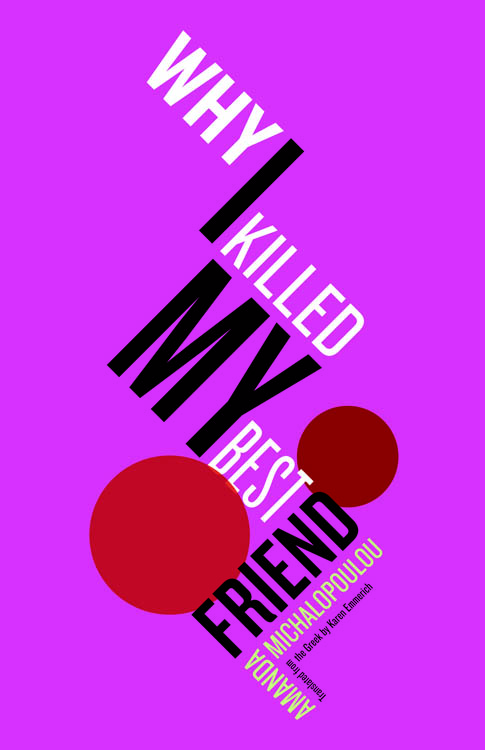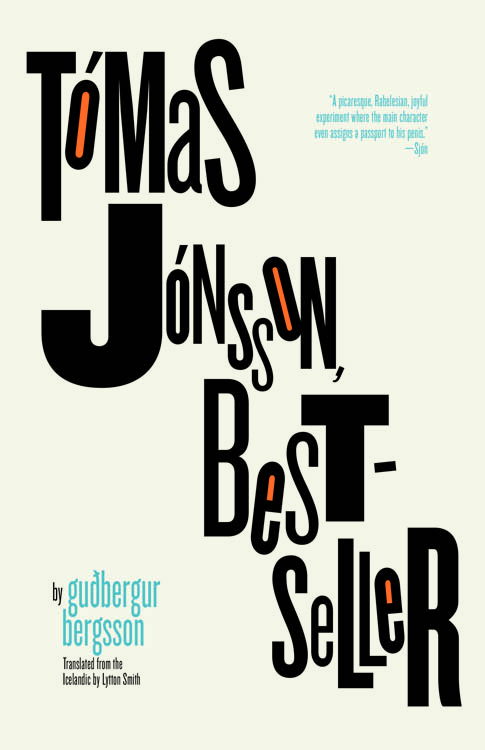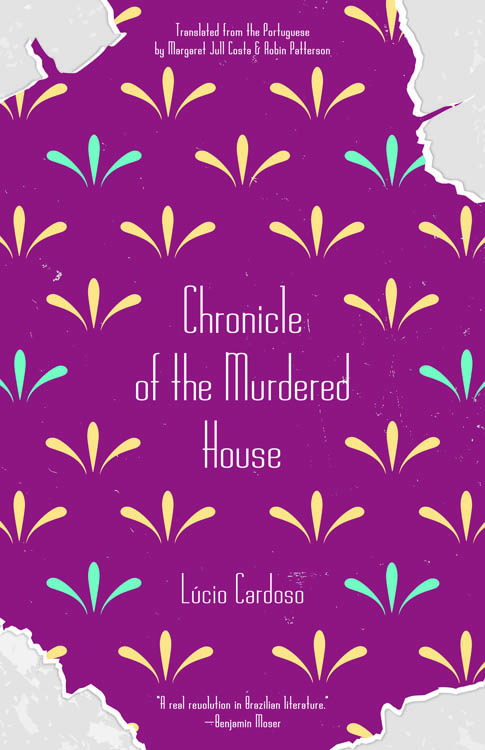
This spring the special collections of University Libraries took into its holdings the papers of Open Letter Books. Boxes of annotated manuscripts, proofs, cover mock-ups, correspondence, and more headed to the archives to be sorted and cataloged for safe keeping in perpetuity. It was a striking sign that the once upstart literary translation press is now a little gray around the temples. But its agenda remains as unconventional and ambitious as ever.
Marking the 10th anniversary of its founding this year—with celebrations around the country—Open Letter is looking eagerly toward its next decade. With its editorial processes firmly established, the publishing house is ready to sharpen its focus on attracting people to the pleasures and rewards of reading globally.
“Open Letter is one of the most important sources of international literature in the U.S.”
Based at Rochester, Open Letter is unusual in several ways. Few university-housed presses produce trade books, as Open Letter does, rather than academic books, and Open Letter is one of only a handful of publishers to offer literature in translation exclusively. And, thanks to the University’s support, the nonprofit press can give priority to cultural value, not marketability, when it chooses books for publication.
That’s not to say that cultural value doesn’t sell. Open Letter hit the milestone of 100,000 books sold more than two years ago. This spring, it will publish its 100th title: The Bottom of the Sky, by Argentinian writer Rodrigo Fresán and translated by Will Vanderhyden ’13 (MA). Fresán will be the featured speaker for the University’s Plutzik Reading Series on April 24.
But Chad Post, the publisher at Open Letter, says producing books is only a part of the press’s work. “It’s not enough to print a book. It’s important to have people engage with it, and we’re figuring out new ways to do that.”
Ten years in, the press—despite its small size—is one of the giants for world literature in English.
“Open Letter is one of the most important sources of international literature in the U.S.,” says Ira Silverberg, a senior editor at Simon & Schuster and the former literature director for the National Endowment for the Arts. Post’s “commitment to keeping literature lively through an impressively broad publishing program of translation is a godsend to literary readers, reviewers, and booksellers alike.”
The press publishes 10 books each year—largely novels, but also poetry, stories, and literary essays. Its specialty is contemporary literature, and its booklist spans the globe: countries of origin include Algeria, Chile, China, Denmark, the Faroe Islands, Italy, Korea, Mexico, Serbia, and South Africa, and Open Letter’s reach expands all the time.
Choose your favorite book or work of popular culture from the three choices below to find out which Open Letter book should be next on your reading list.






Open Letter is also the cornerstone of the literary translation studies program at Rochester, which offers a certificate for undergraduates and a master of arts degree in literary translation studies. Students can participate in internships with publishing houses, including Open Letter, where graduate students also acquire expertise in the theory and practice of translation publishing.
“As we become a more global society, and as the need for a deeper cultural understanding continues to increase, the work of Open Letter and other similar presses only grows in importance,” says Gloria Culver, dean of the School of Arts & Sciences. The press “plays an important academic and programmatic role in our offerings.”
Post says the qualities of a good translation are just what they were when the press started out. At root, it’s about a translator with an unmistakable confidence in the narrative voice of the text. An adept translator pushes past the purely technical, “moving away from the original text in specific ways, based on how they know English reacts. For example, if the book has a cynical tone in Bulgarian, in English it will have the same cynical tone—but the words won’t be the same, because cynicism is slightly different in an American context.”
Open Letter has hosted a series of events this year at prominent bookstores across the country.
Boston Harvard Book Store
Chicago Volumes Bookcafe
Dallas Deep Vellum Books
Houston Brazos Bookstore, April 28
Los Angeles Skylight Books
New York Gala at the Goethe Institute, May 10
Portland Powell’s Books
San Francisco Green Apple Books on the Park
Seattle Elliott Bay Book Company
But the book industry has changed dramatically in the last 10 years. When Open Letter began, it relied on independent booksellers and reviewers to help readers find the press’s books. “Even 10 years ago, you could still rely on a New York Times book review to help sell at least a couple thousand copies,” says Post. “Getting certain starred reviews and physical print reviews were key.” That’s not the case anymore. The conversation has moved online—and into bookstores, which have seen their fortunes fall and rise again during Open Letter’s lifetime.
As the market has fragmented, “we’re dealing with individual people and not with big institutions that used to be game-changers,” says Post.
He’s addressing the issue head-on, with innovative strategies to encourage people in reading translated works. The “Two Month Review” podcast is the newest offering. A weekly 45-minute podcast—now also live-streamed on YouTube—it’s exactly what its name suggests: a conversation about a book that extends over two months, breaking the book into small sections, each of which is the subject of a dialogue between Post, cohost and writer Brian Wood, rotating special guests, and readers.
“A lot of the focus in contemporary book journalism—if you can call it that—is basically just listing items,” Post says. “Books that are coming out right now, that are the next thing people should read. And then just passing by them immediately after that. No one ever comes back to talk about the book again. It’s always, what’s the next thing?
“We decided that it would be much more valuable if we take a book and talk about it for two months. That way, people can engage with it at any point in time. And if you’re reading along, how hard is it to read 14 pages a week, or even 40? You can read the book slowly and enjoy it slowly. By reading that way, you’re getting a lot more out of it,” says Post. “You’re not just reading for the next plot point.”
The podcasts are buttressed by detailed posts on “Three Percent,” Open Letter’s blog, which is named for the percentage of books published in English that are translated from another language.
The closest model for the “Two Month Review” is podcasts that recap TV shows, says Post. “We’re treating it as popular culture and not something refined. It’s about changing the perspective. People treat international literature as difficult and erudite. We flip that and give it to readers in a way that’s how you’d treat normal popular culture. And through that, we engage with a lot more readers.”
The effects of the “Two Month Review” are showing up in Open Letter’s sales, and Post is eager to keep the project, now in its fourth season, moving forward.
For general readers, international literature can expand one’s sense of the world. “It exposes you to different world views, voices, and values,” says Post.
And for writers, it can offer a lesson in craft. “You get to see how novels or poems can be different from what you’re already used to, and they can expand your ideas of how to portray the human experience. Because writers around the world are approaching it in different and new ways,” he says.
Even the language benefits. “There’s an opportunity for English as a language to do things it hasn’t done before. You’re bringing in new terms or concepts that hadn’t previously existed in English in a single word. You’re trying to explain that, and it allows for the language to grow and expand.”
To Post, the work matters deeply, and that fuels his determination to recruit new readers and to spur conversations between readers and publishers. “ ‘Three Percent’ was incredibly unusual when it started,” he says, because it was about the literary translation publishing industry and about publishing books in general—and not just Open Letter’s books. The blog became a site of animated conversation, and big publishers, like HarperCollins and Houghton Mifflin, tried to follow suit. “We had an influence on the culture,” says Post.
And that’s what Open Letter is ultimately about. “All of our reader-development strategies have larger, altruistic ideas behind them. ‘Three Percent’ exists to raise awareness of international literature in translation and the issues that surround it. It’s not just about our books. And the ‘Two Month Review’ is about the importance of reading and ways to do it. It includes our books, but it’s broader than that.
“The intent behind all these things is to have an impact on the culture at large. And I don’t think that’s going to change.”





































































































